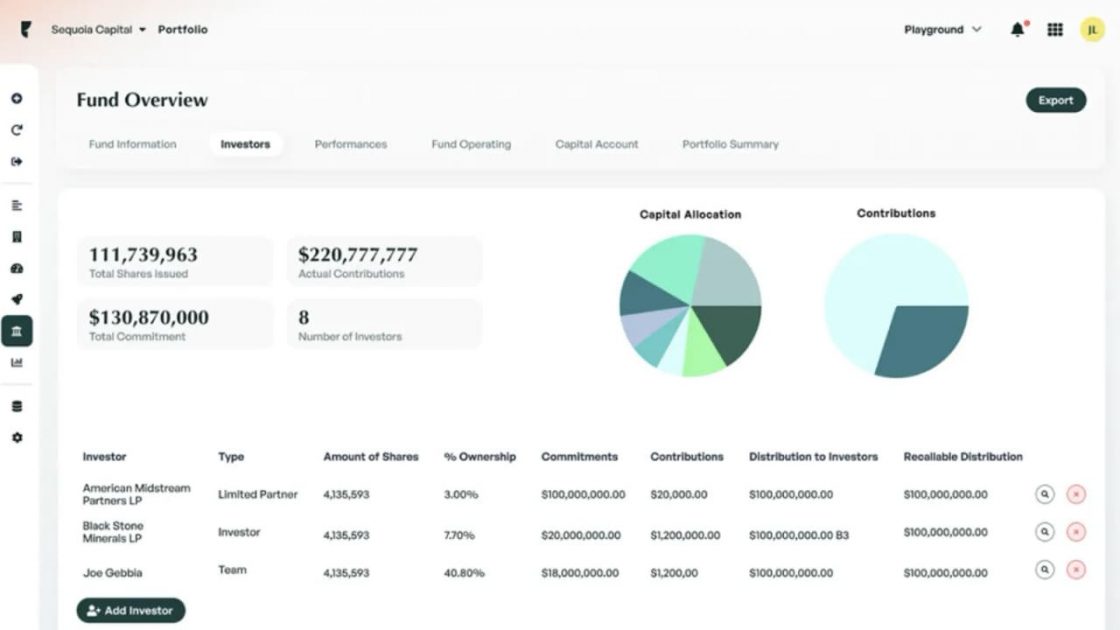
The landscape of the modern workplace has undergone a significant transformation with the rise of remote work. While the flexibility and accessibility offered by remote teams are commendable, they also bring forth a unique set of challenges for managers. Navigating the intricacies of leading a dispersed workforce demands a nuanced approach.
In this article, we will delve into the complexities of managing remote teams, exploring the hurdles faced by leaders and strategies to overcome them.
Monitoring Productivity Without Micromanaging
Balancing the need to monitor productivity with the importance of avoiding micromanagement is a delicate task for remote team managers. Traditional methods of supervision, such as physically observing employees, are not feasible in a remote setting. Managers need to establish clear expectations, set measurable goals, and trust their team members to deliver results.
Utilizing an employee monitoring tool that acts as productivity software, and tracking performance metrics can provide insights into productivity without resorting to intrusive monitoring. Regular, focused communication helps understand individual workloads and address any challenges faced by team members.
Challenges of Communication
One of the primary challenges faced by managers of remote teams is establishing effective communication channels. In a traditional office setting, spontaneous conversations and quick clarifications are commonplace. However, in a virtual environment, communication can become asynchronous, leading to delays in information dissemination. Additionally, the absence of non-verbal cues may result in misunderstandings. In fact, 97% of employees state that the way of communication directly affects their daily efficiency.
To address this, managers need to leverage a variety of communication tools, schedule regular check-ins, and encourage open dialogue. Implementing video conferences can also help bridge the gap by adding a personal touch to interactions.
Building and Sustaining Marketing Team Culture
Maintaining a cohesive team culture poses a formidable challenge when team members are scattered across different locations. The lack of face-to-face interactions can hinder the development of camaraderie and shared values. Managers must actively work toward fostering a sense of belonging among team members.
This involves organizing virtual team-building activities, celebrating achievements, and promoting a collaborative online environment. Emphasizing the organization’s core values and ensuring they are integrated into virtual interactions can contribute to a stronger team culture.
Managers navigating the complexities of remote work should also consider encouraging team activities that promote a healthy lifestyle. Introducing perks like a meal kit delivery service can offer substantial benefits, such as making healthier eating more accessible for your team. You might find options like Green Chef appealing, which currently offers discounts up to 50% off and 20% off for two months.
Overcoming Time Zone Differences
Global or geographically dispersed teams often encounter the hurdle of time zone differences. Coordinating meetings and collaborative efforts becomes a logistical puzzle when team members are spread across various regions. To overcome this challenge, managers should establish flexible work hours when possible, accommodating different time zones.
Additionally, documenting key discussions and decisions ensures that team members can catch up asynchronously. Employing time zone management tools and fostering a culture of respect for diverse working hours are essential to mitigating the impact of time zone differences.
Addressing Isolation and Burnout
Remote work, while offering flexibility, can lead to feelings of isolation among team members. The absence of casual interactions and the blurred boundaries between work and personal life contribute to burnout.
Managers must prioritize employee well-being by promoting a healthy work-life balance. Encouraging breaks, providing mental health resources, and organizing virtual social events can combat feelings of isolation. Recognizing and appreciating individual and team accomplishments also contributes to a positive work environment, reducing the risk of burnout.
Promoting Professional Development in Remote Marketing Teams
As the traditional boundaries of the workplace dissolve in remote settings, fostering professional development becomes a crucial aspect of effective team management. Unlike in a physical office where mentorship and spontaneous learning opportunities are readily available, remote teams may face challenges in accessing such resources. However, statistics still show that 86% of employees would switch jobs for an opportunity to grow.
To address this, managers should actively promote continuous learning and skill enhancement. Encouraging team members to attend virtual workshops, providing access to online courses, and facilitating knowledge-sharing sessions within the team can help bridge the professional development gap. Additionally, setting clear career paths, offering constructive feedback, and recognizing individual growth contribute to building a motivated and skilled remote workforce.
In the absence of physical proximity, investing in the professional development of remote team members becomes a strategic imperative for long-term success.
Bottom Line
In conclusion, managing remote teams requires a multifaceted approach to address the diverse challenges that arise in virtual work environments. The tips mentioned above are crucial components of successful remote team management. Overcoming time zone differences and addressing issues of isolation and burnout further contribute to creating a resilient and engaged remote workforce.
As the trend of remote work continues to evolve, managers must adapt and refine their strategies to navigate these challenges successfully. By embracing technology, fostering open communication, and prioritizing the well-being of their teams, managers can build and lead remote teams that thrive in the dynamic landscape of the modern workplace.





